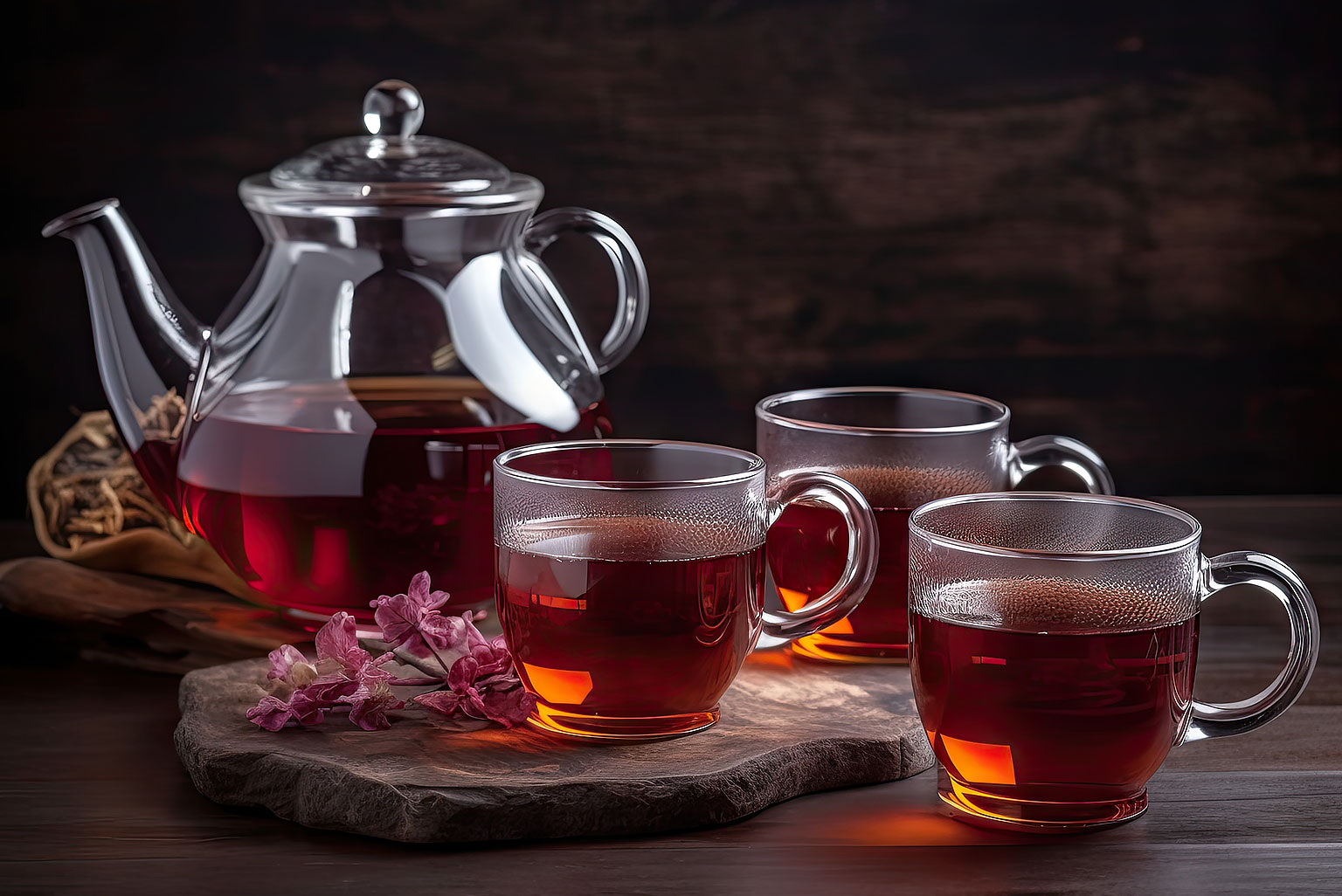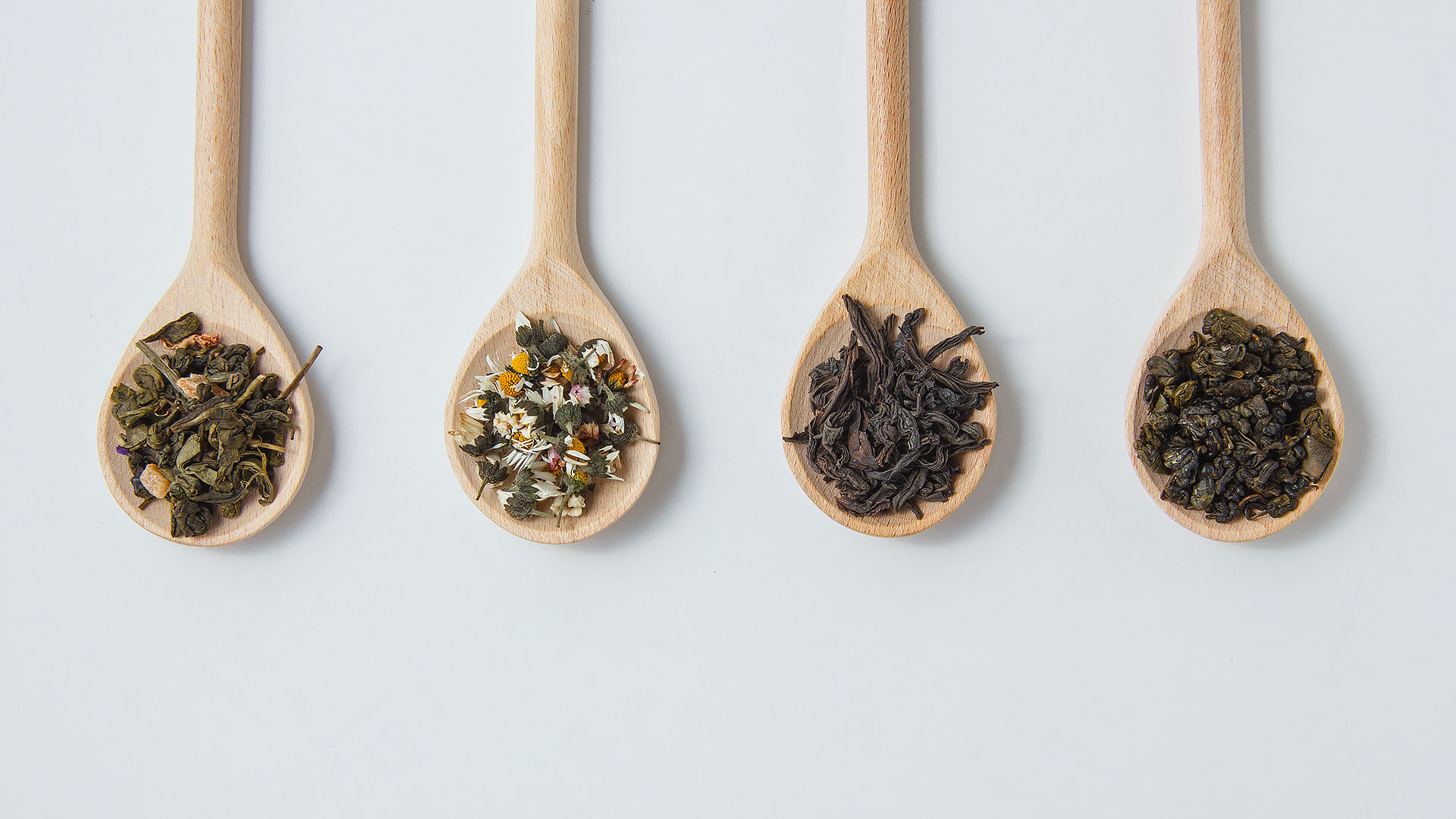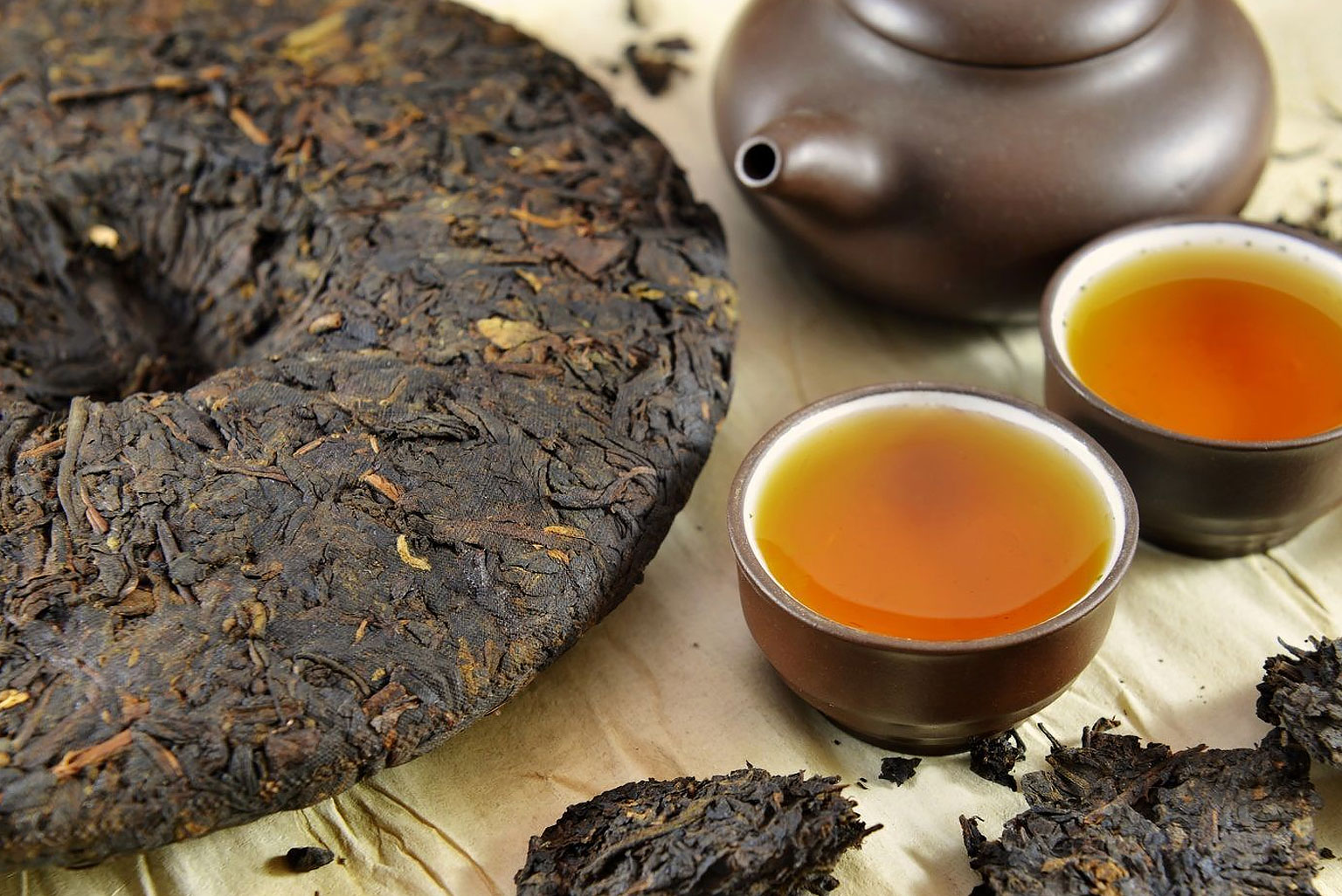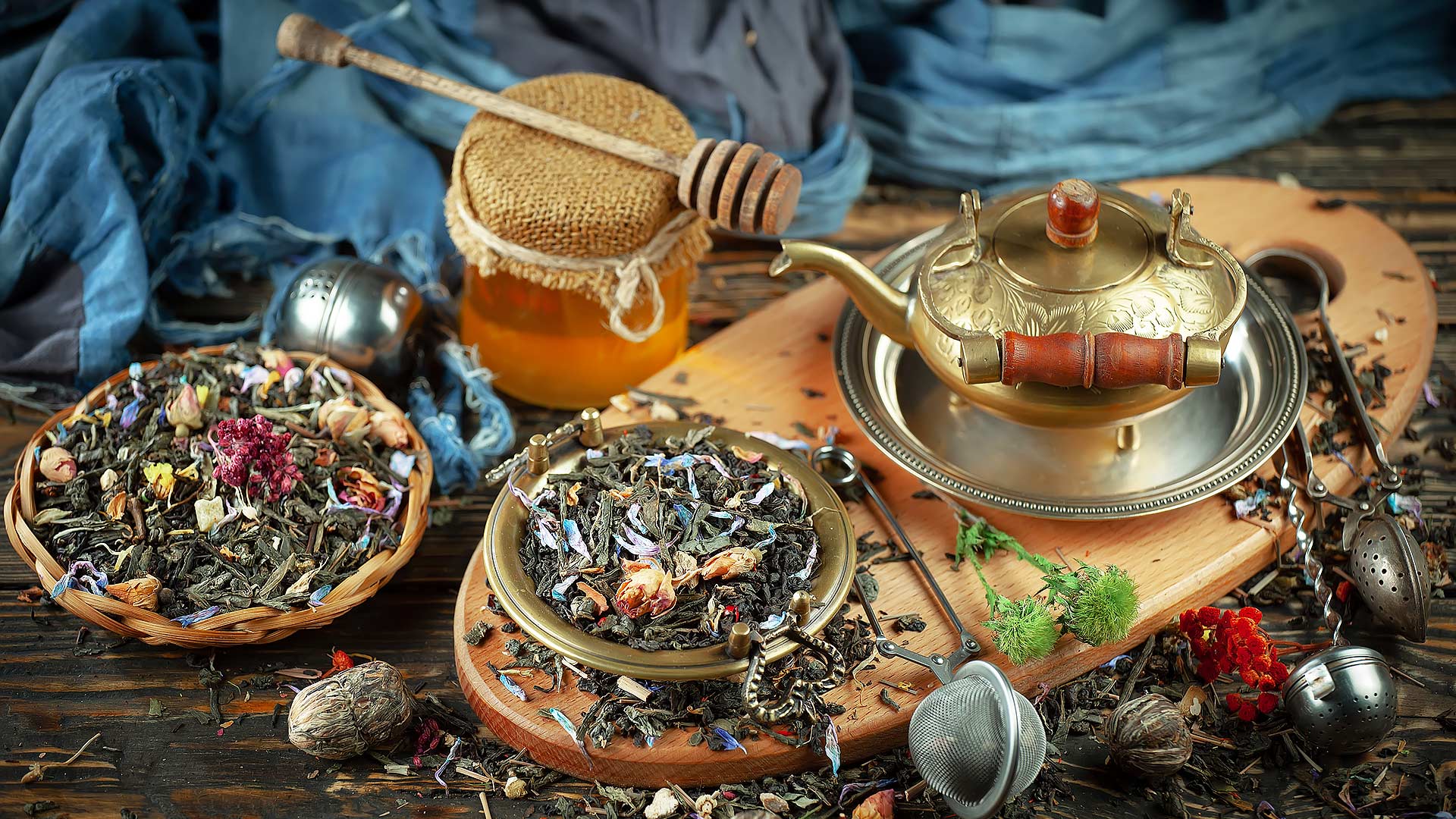Considered in the East as the key to good health, happiness, and wisdom, tea has attracted the attention of researchers in the West for thousands of years. There are many studies that show numerous health benefits of different types of tea.
Studies have shown that certain teas can help with cancer, heart disease, and diabetes, promote weight loss, lower cholesterol, and induce mental alertness. Tea also has significant antimicrobial properties.
“There seems to be no downside to tea,” says American Dietetic Association spokeswoman Katherine Talmadge, M.D., MD. “I think it’s a great alternative to coffee. First, tea has less caffeine. It is fairly well known that the key compounds in tea, flavonoids, are good for the heart and may reduce the risk of cancer.”
While many questions remain about how long tea should be brewed for maximum benefit and how much tea should be consumed per day, nutritionists agree that all tea is healthy. However, they prefer brewed tea over bottled tea to avoid extra calories and sweeteners.
Below we have compiled our reference guide to the different types of teas.
Health Benefits of Tea: Classic Green, Black, and White Teas
Tea is the name given to many drinks, but apologists only consider green tea, black tea, white tea, oolong tea, and pu-erh tea to be real tea. They are all derived from the Camellia sinensis plant, a shrub native to China, Sri Lanka and India. Teas contain unique antioxidants called flavonoids. The most powerful of these, known as ECGC, can help fight free radicals that can contribute to cancer, heart disease, and clogged arteries. All teas also contain caffeine and theanine, which act on the brain and increase mental alertness.
The more processed the tea leaves, the less polyphenols they contain. Polyphenols include flavonoids. Oolong and black tea are oxidized or fermented, so they have fewer polyphenols than green tea, but their antioxidant capacity is still high. Here’s what we found in some studies on the potential health benefits of tea:


Green tea
Made from steamed tea leaves, it has a high concentration of EGCG and has been extensively studied. Green tea antioxidants may inhibit the development of bladder, breast, lung, stomach, pancreas, and colon cancers; prevent clogged arteries, burn fat, counteract oxidative stress in the brain, reduce the risk of neurological disorders such as Alzheimer’s and Parkinson’s, reduce the risk of stroke, and improve cholesterol levels.
Black tea
Made from fermented tea leaves, black tea has the highest caffeine content and is the basis for flavored teas as well as some instant teas. Studies have shown that black tea may protect the lungs from damage caused by exposure to cigarette smoke. It may also reduce the risk of stroke.
White tea
Raw and unfermented. One study found that white tea had the most powerful anti-cancer properties compared to more processed teas.
Oolong tea
An animal study found that those who received antioxidants from oolong tea had lower levels of bad cholesterol. Some varieties of oolong are also heavily promoted as a weight loss supplement, but these claims have not been scientifically proven.

Puer tea
Made from fermented and aged leaves. Considered black tea, its leaves are pressed into cakes. One animal study found that pu-erh-fed animals gained less weight and lowered their cholesterol and LDL levels.
Health Benefits of Tea: Herbal Teas
Made from herbs, fruits, seeds, or roots soaked in hot water, herbal teas have a lower concentration of antioxidants than green, white, black, and oolong teas. Their chemical composition varies greatly depending on the plant used. Varieties include ginger, ginkgo biloba, ginseng, hibiscus, jasmine, rosehip, mint, rooibos (red tea), chamomile, and echinacea.
There has been limited research into the health benefits of herbal teas, but claims that they help shed extra pounds, prevent colds, and promote restful sleep are largely unsupported.
Chamomile tea: Its antioxidants may help prevent complications of diabetes such as vision loss and damage to nerves and kidneys, as well as stop the growth of cancer cells.
Echinacea: Research on echinacea, often touted as a cold remedy, has been inconclusive.
Hibiscus: A small study found that drinking three cups of hibiscus tea daily lowered blood pressure in people with mildly elevated blood pressure levels.
Rooibos (red tea): A fermented South African plant. Although it contains flavonoids with anti-cancer properties, medical research has been limited.

Can tea be harmful to health?
Most teas are harmless, but the FDA (Food and Drug Administration) has issued warnings about so-called weight loss formulations that contain senna, aloe, sea buckthorn and other herbal laxatives. The researchers are also warning consumers to be wary of teas containing herbs that are said to relieve pain or fight cancer. None of these claims are backed by science, and some herbs, on the contrary, cause intestinal problems, damage to the liver and kidneys. But these data refer specifically to herbs, and by no means to Camellia sinensis tea itself.
The FDA warns against taking supplements that also include comfrey, ephedra, willow bark, dubrovnik.
Nutritionists advise drinking and enjoying the health benefits of real tea. You should include healthy drinks in your diet on a more regular basis to benefit from their health benefits. It’s not just about the foods we eat. It has been proven that what you drink can significantly contribute to your health.

